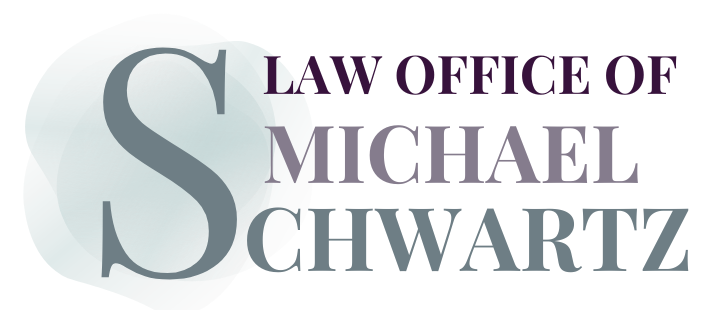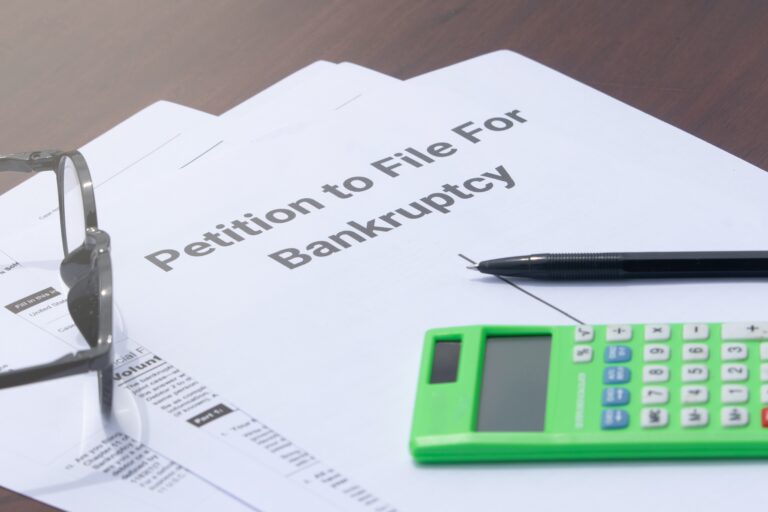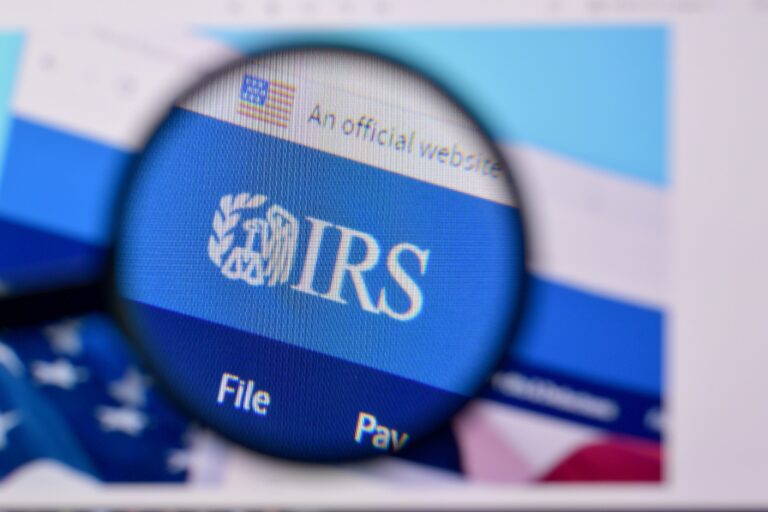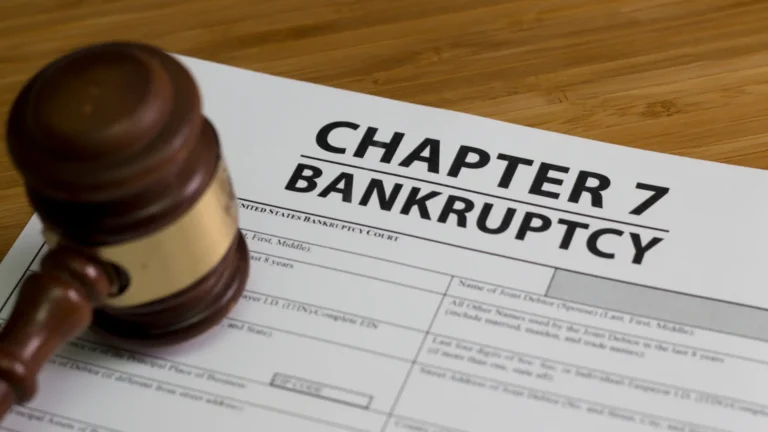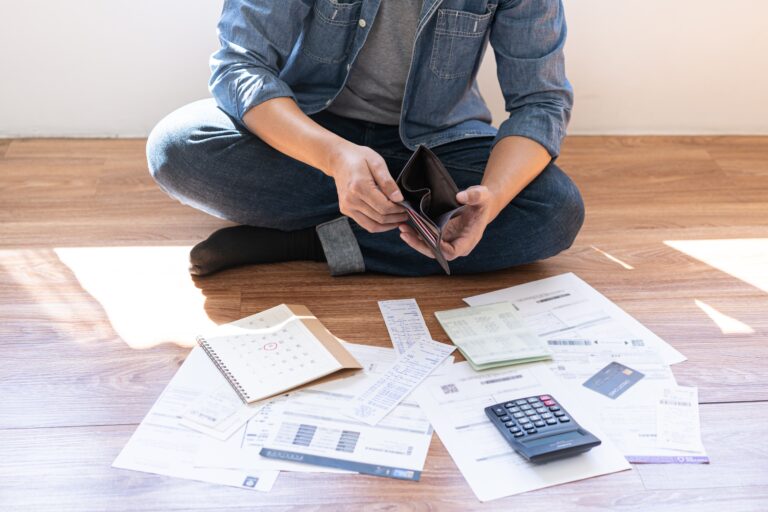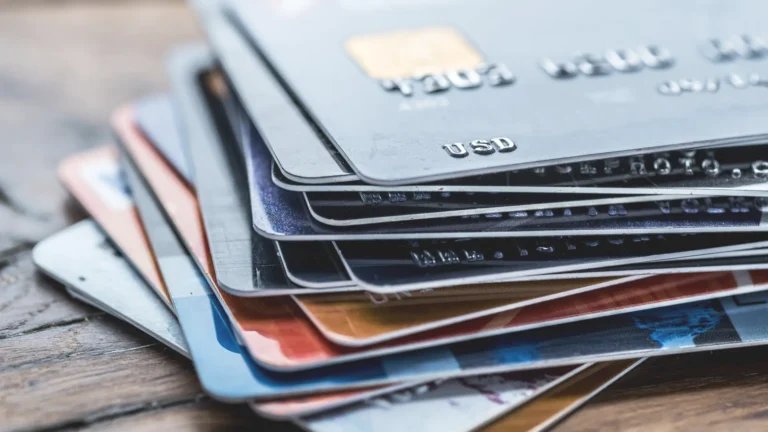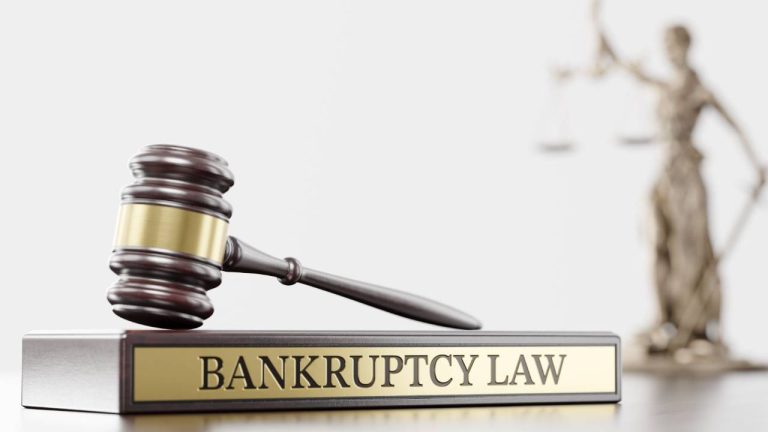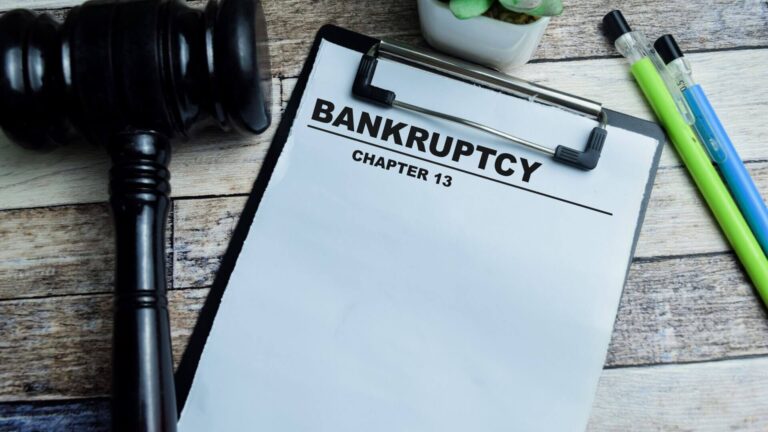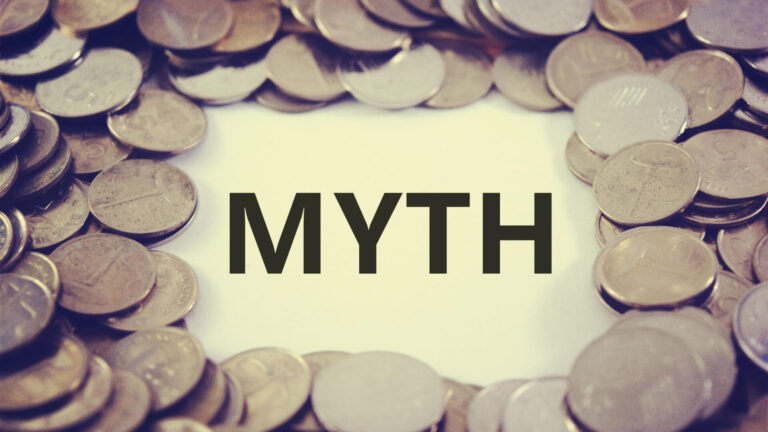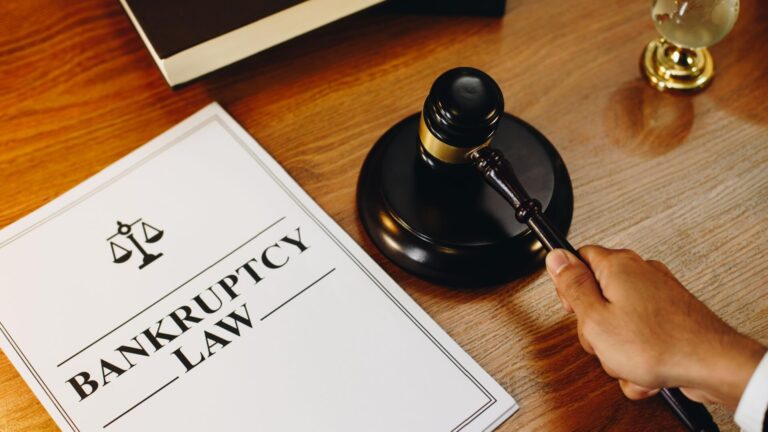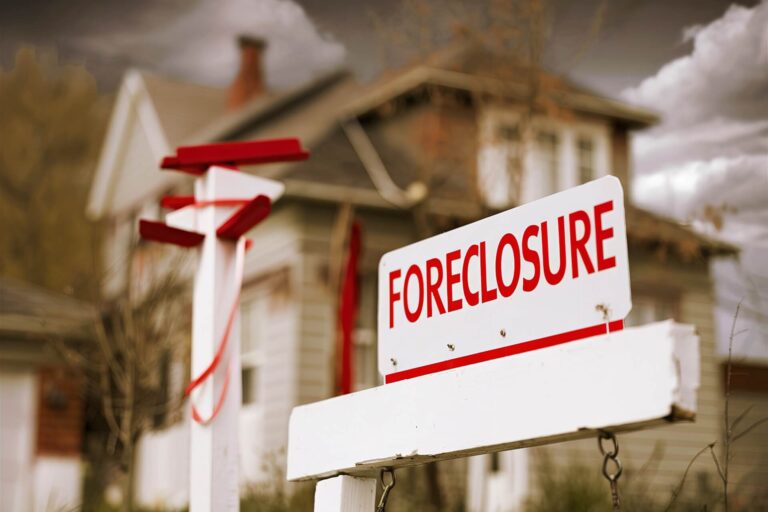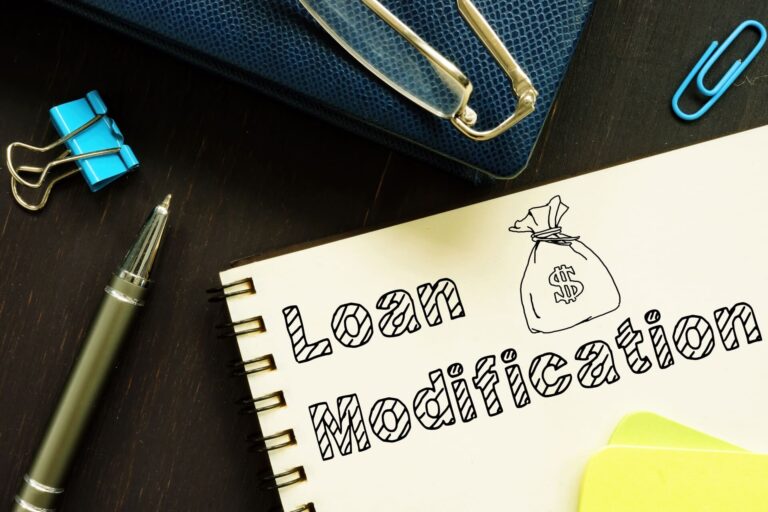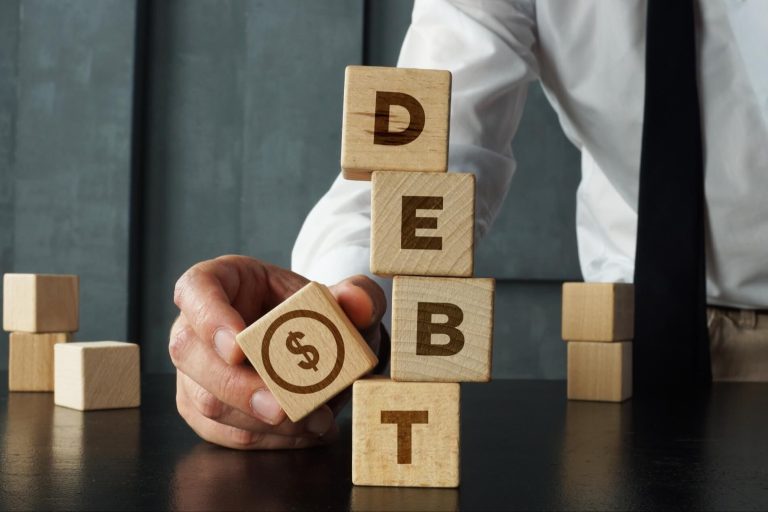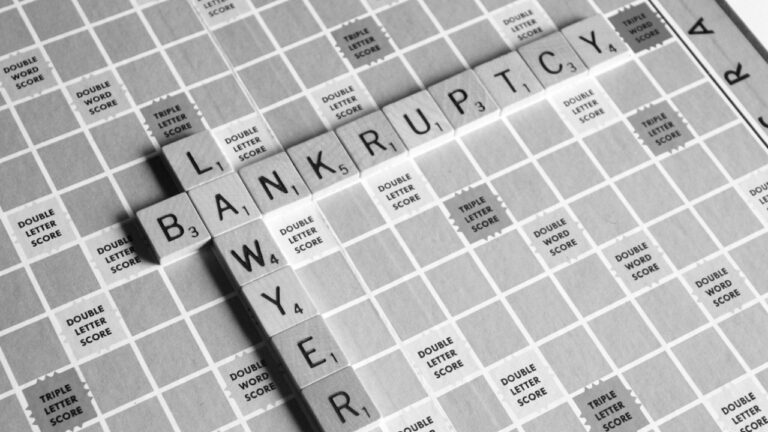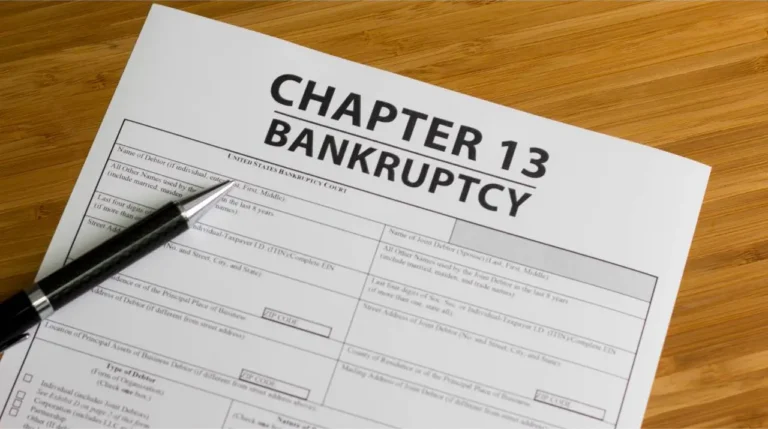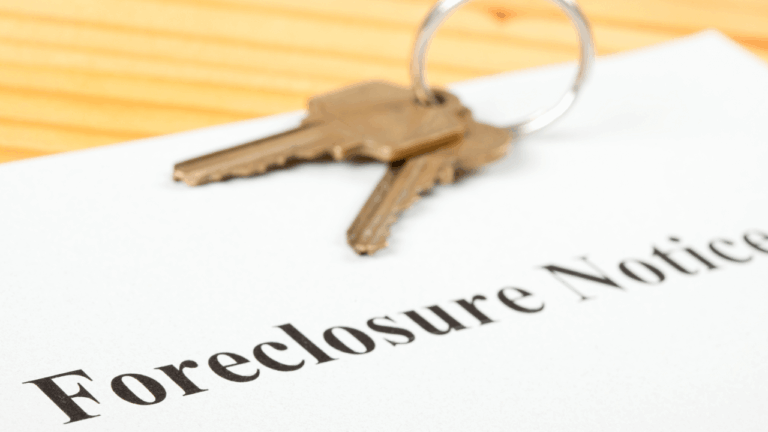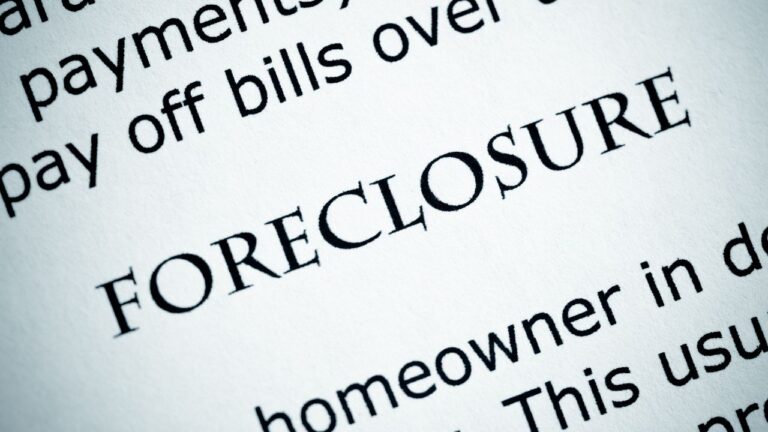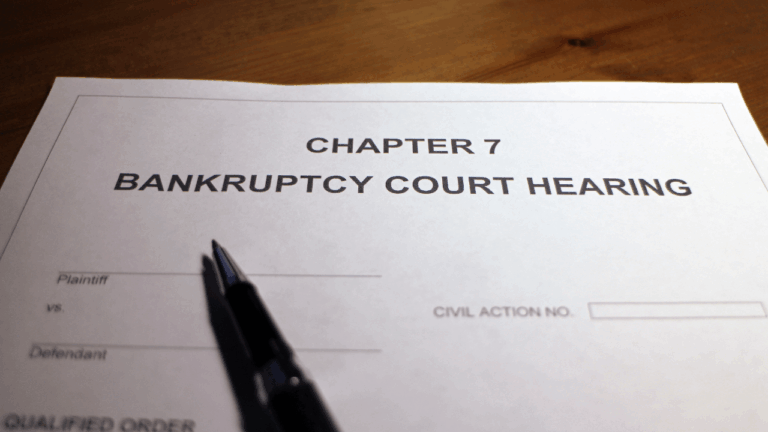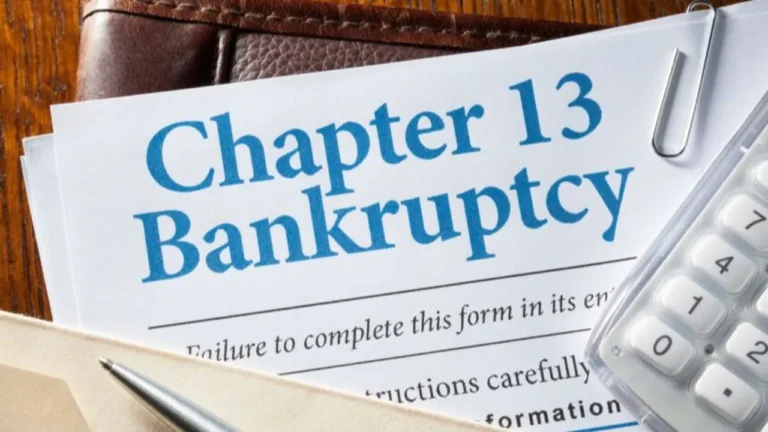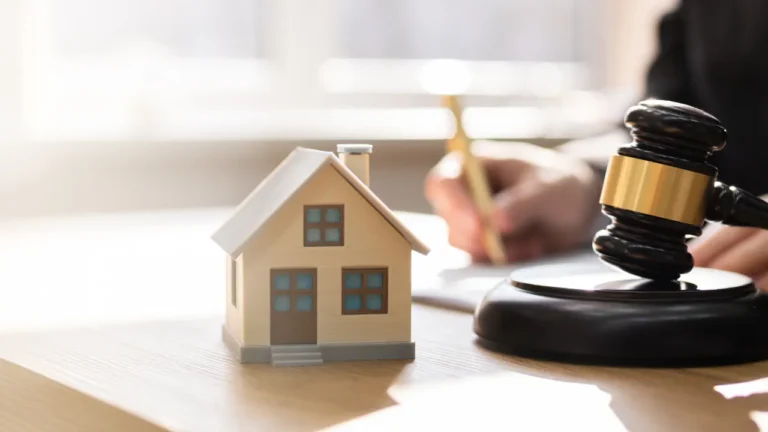PA vs. Federal Bankruptcy Laws: Which is Best for You? Filing for bankruptcy is one of the most significant financial...
Read More ...
Bankruptcy and Wage Garnishment: How Filing Can Help in Pennsylvania
Can Bankruptcy Stop Wage Garnishment in Pennsylvania? Opening your paycheck only to find it significantly lighter than expected is a...
Read More ...
How Medical Debt Can Lead to Bankruptcy in Pennsylvania
A sudden illness or accident can happen to anyone, often bringing a wave of financial stress along with the physical...
Read More ...
What Assets Are Protected in a PA Bankruptcy?
Facing financial hardship is stressful enough without the added fear of losing everything you own. If you’re considering bankruptcy, one...
Read More ...
4 Main Types of IRS Transcripts Explained
What Are the Different Types of IRS Transcripts? When you need to prove your income or tax history, you might...
Read More ...
A Simple Guide to the Chapter 7 3-2-240 Bankruptcy Rule
The Chapter 7 3-2-240 Rule Explained Filing for Chapter 7 bankruptcy can offer a fresh start by discharging overwhelming debts....
Read More ...
When Should a Small Business File for Bankruptcy?
Running a small business comes with financial risks. Sometimes, despite your best efforts, debts pile up faster than revenue flows...
Read More ...
How to Rebuild Credit After Bankruptcy: Step-by-Step Guide
Bankruptcy can feel like a financial dead end, but it’s actually a fresh start. While filing for bankruptcy will significantly...
Read More ...
How Does Bankruptcy Affect Payday Loans?
How Does Bankruptcy Affect Payday Loans? Payday loans can trap borrowers in cycles of debt with their extremely high interest...
Read More ...
What Is the 2-Year Rule for Bankruptcy?
What Is the 2-Year Rule for Bankruptcy? Navigating bankruptcy can feel overwhelming, especially when complex rules and regulations seem to...
Read More ...
Understanding the Means Test for Bankruptcy Eligibility
Understanding the Means Test: Your Gateway to Chapter 7 Bankruptcy Filing for bankruptcy can feel overwhelming, especially when you’re already...
Read More ...
What Disqualifies You From Filing For Bankruptcy?
Are You Able to File for Bankruptcy? Filing for bankruptcy can provide a crucial financial reset for those overwhelmed by...
Read More ...
Myths About Bankruptcy
Debunking Common Bankruptcy Myths: What You Really Need to Know Bankruptcy serves as a vital legal tool designed to help...
Read More ...
What is the Bankruptcy Administration Improvement Act of 2025?
What is the Bankruptcy Administration Improvement Act of 2025? The bankruptcy system in America serves as a critical safety net...
Read More ...
The Most Common Life Events that Lead to Bankruptcy
Life Events That Can Lead to Financial Ruin: What You Need to Know Nobody plans for bankruptcy. Yet, every year,...
Read More ...
Chapter 7 vs. Chapter 13 Bankruptcy For Credit Card Debt
Chapter 7 vs. Chapter 13 Bankruptcy: Which Eliminates Credit Card Debt? Mounting credit card debt can feel overwhelming. When minimum...
Read More ...
Different Types of Foreclosure
A Guide to the Different Types of Foreclosure Facing the possibility of foreclosure can be an overwhelming experience. It’s a...
Read More ...
What are Credit Card Judgements?
What Are Credit Card Judgments? Your Complete Guide Receiving a court summons for unpaid credit card debt can be overwhelming...
Read More ...
Different Ways to Modify Your Loans
Different Ways to Modify Your Loans: A Complete Guide Homeownership can feel overwhelming when financial hardships strike. Unemployment, medical bills,...
Read More ...
What’s the Difference Between Private Loans and Government-Backed Loans?
Private Loans vs. Government-Backed Loans: Which Is Right for You? Choosing the right financing option can feel overwhelming when you’re...
Read More ...
All Bankruptcy Exemptions That Apply to Chapter 7
Complete Guide to Chapter 7 Bankruptcy Exemptions Filing for Chapter 7 bankruptcy can feel overwhelming, especially when you’re worried about...
Read More ...
How Does Bankruptcy Affect Your Student Loans?
How Does Bankruptcy Affect Your Student Loans? Student loan debt affects millions of Americans, with many borrowers struggling to manage...
Read More ...
Types of Bankruptcy
Understanding the Types of Bankruptcy: Your Path to Financial Relief When debt becomes overwhelming and you can’t see a way...
Read More ...
Protecting Your Home from Foreclosure
Protecting Your Home from Foreclosure: Understanding Bankruptcy and Mortgage Relief Options Your home is more than just a property—it’s a...
Read More ...
Navigating Bankruptcy in Economic Uncertainty: Advice for Individuals and Small Businesses
Navigating Bankruptcy During Economic Uncertainty: Tips for Individuals and Small Businesses In times of economic uncertainty, many individuals and small...
Read More ...
Debt Relief Options for Student Loan Borrowers
Debt Relief Options for Student Loan Borrowers: Exploring Bankruptcy and Alternative Strategies Student loan debt has become a significant financial...
Read More ...
Avoiding Pitfalls: What Could Go Wrong with an Inexperienced Bankruptcy Lawyer
When facing financial challenges and considering bankruptcy as a solution, one of the most crucial decisions you’ll make is choosing...
Read More ...
The Pros and Cons of Bankruptcy: A Comprehensive Guide
Filing for bankruptcy is a significant decision that can impact your financial life for years to come. As a Bucks...
Read More ...
Finding Relief from Financial Stress: Could Bankruptcy Be The Answer?
In today’s fast-paced world, financial pressures and debt can weigh heavily on individuals and families, leading to stress, anxiety, and...
Read More ...
Debt Relief Solutions Beyond Bankruptcy: What Are Your Options?
Facing overwhelming debt can feel like being trapped in a financial quagmire, but bankruptcy isn’t the only way out. As...
Read More ...
Life After Bankruptcy: Steps to Rebuild Your Financial Health
Bankruptcy provides a fresh start for those overwhelmed by debt, but it also brings the challenge of rebuilding your financial...
Read More ...
How Bankruptcy Affects Your Credit Score: Myths and Realities
The decision to file for bankruptcy is never taken lightly, partly due to concerns about its impact on one’s credit...
Read More ...
Understanding Chapter 7 Bankruptcy: A Fresh Start for Your Financial Future
Faced with overwhelming debt, individuals often feel cornered with limited options for relief. However, Chapter 7 bankruptcy stands out as...
Read More ...
Navigating Loan Modifications: Tips and Legal Strategies
In today’s challenging economic climate, many homeowners find themselves struggling to keep up with mortgage payments. A loan modification can...
Read More ...
Chapter 13 Bankruptcy: How It Works and Who It’s For
For individuals facing significant debt but wishing to avoid the total liquidation of their assets, Chapter 13 bankruptcy presents a...
Read More ...
Avoiding Foreclosure: Understanding Sheriff Sales and Your Options
Foreclosure can be a daunting and distressing process for any homeowner. Understanding the mechanisms, such as sheriff sales, and knowing...
Read More ...
Understanding Your Rights: Stopping Foreclosure
As a bankruptcy attorney with 22 years of dedicated service in Bucks County, Pennsylvania, I’ve seen the devastating impact foreclosure...
Read More ...
How Do I Stop A Sheriff Sale? Insights from a Bucks County Bankruptcy Attorney
In Bucks County, Pennsylvania, some homeowners are facing the possibility of a sheriff sale because of financial problems. I have...
Read More ...
Chapter 7 Bankruptcy and How It Works in Bucks County
Chapter 7 Bankruptcy is a legal process that provides a lifeline for individuals overwhelmed by debt, offering a fresh start...
Read More ...
Bankruptcy vs. Debt Consolidation: A Bucks County Bankruptcy Attorney’s Perspective
For 22 years, I’ve helped many people in Bucks County, PA with bankruptcy. I guide them through financial troubles. Two...
Read More ...
What Happens After I File Chapter 13?
The Chapter 13 Process Once you file a Chapter 13 bankruptcy, an automatic stay will go into effect. The automatic...
Read More ...
Chapter 7 versus Chapter 13 Bankruptcy
Bankruptcy is a legal process designed to provide relief to individuals and businesses overwhelmed by debt. Two common types of...
Read More ...
Saving Your Home Through Bankruptcy
Homeowners struggling with mortgage payments have several ways to keep their house. One option, sometimes disregarded by struggling homeowners, is...
Read More ...
Office Locations
The Law Office of Michael Schwartz proudly serves clients across our 3 convenient office locations, making trusted legal support accessible to you.
Schedule a FREE Consultation
Fill out the form below and a member from our team will reach out to you to schedule your free consultation.
